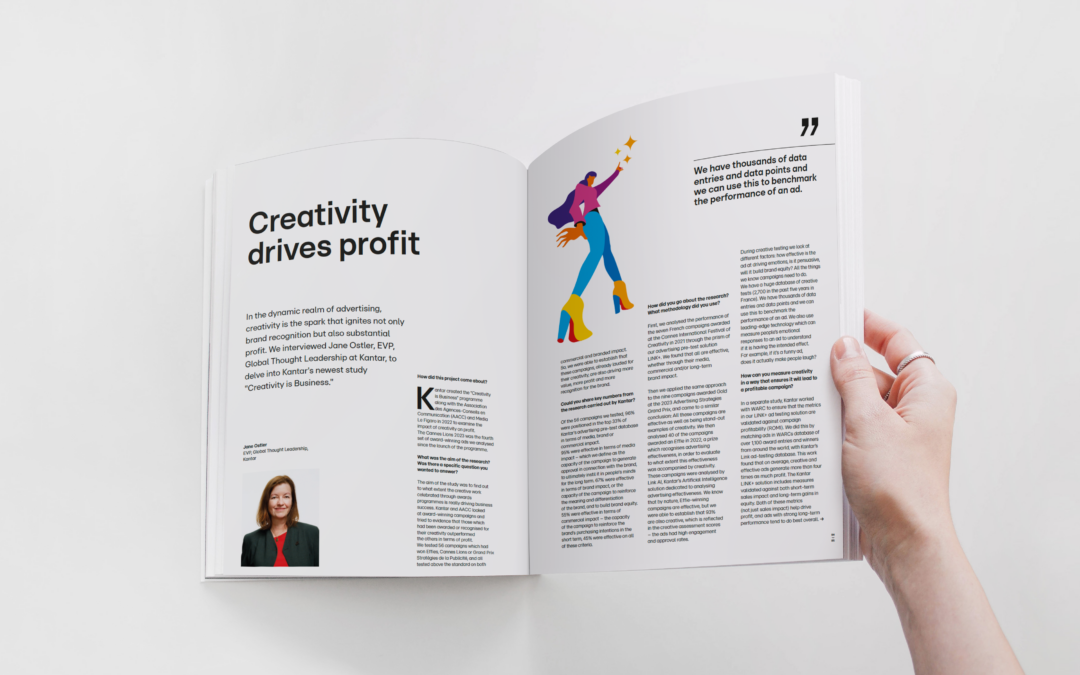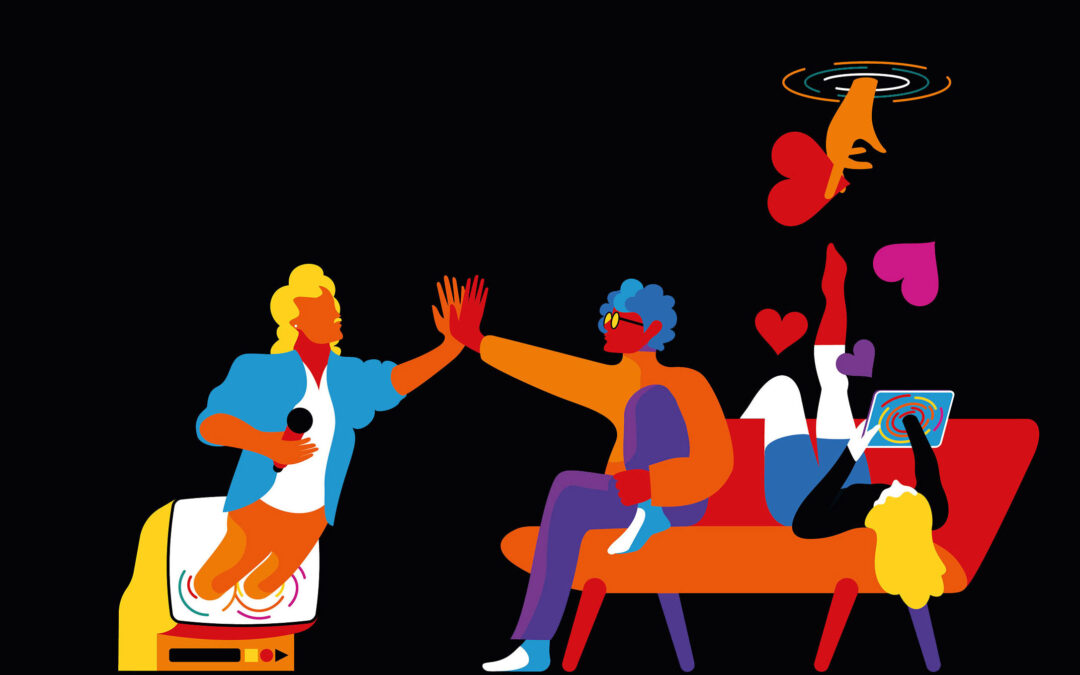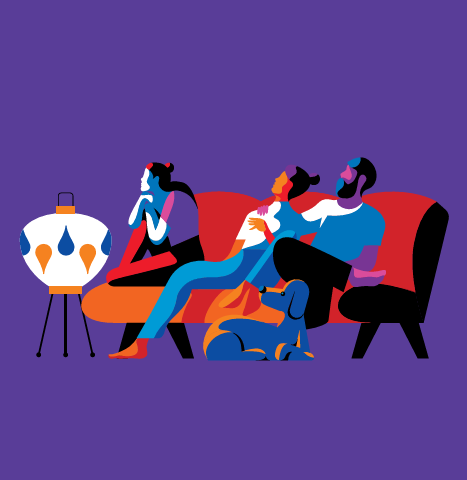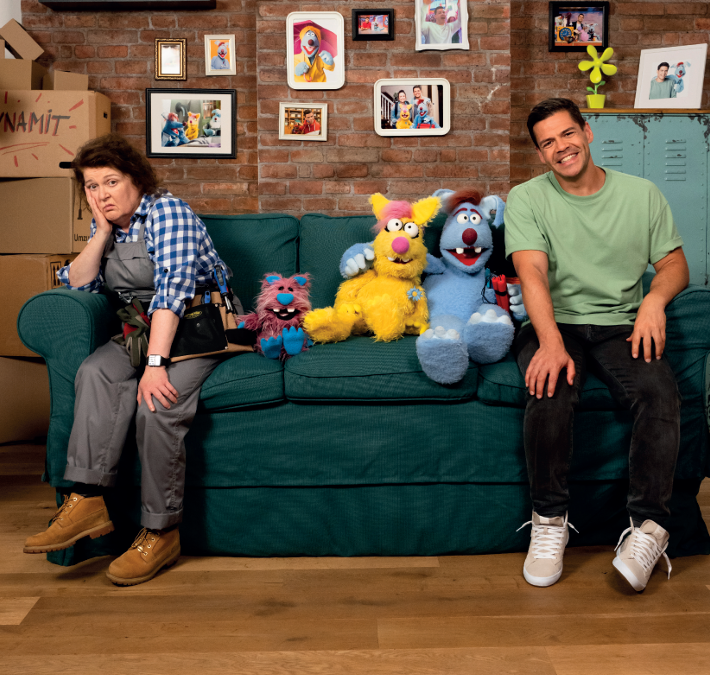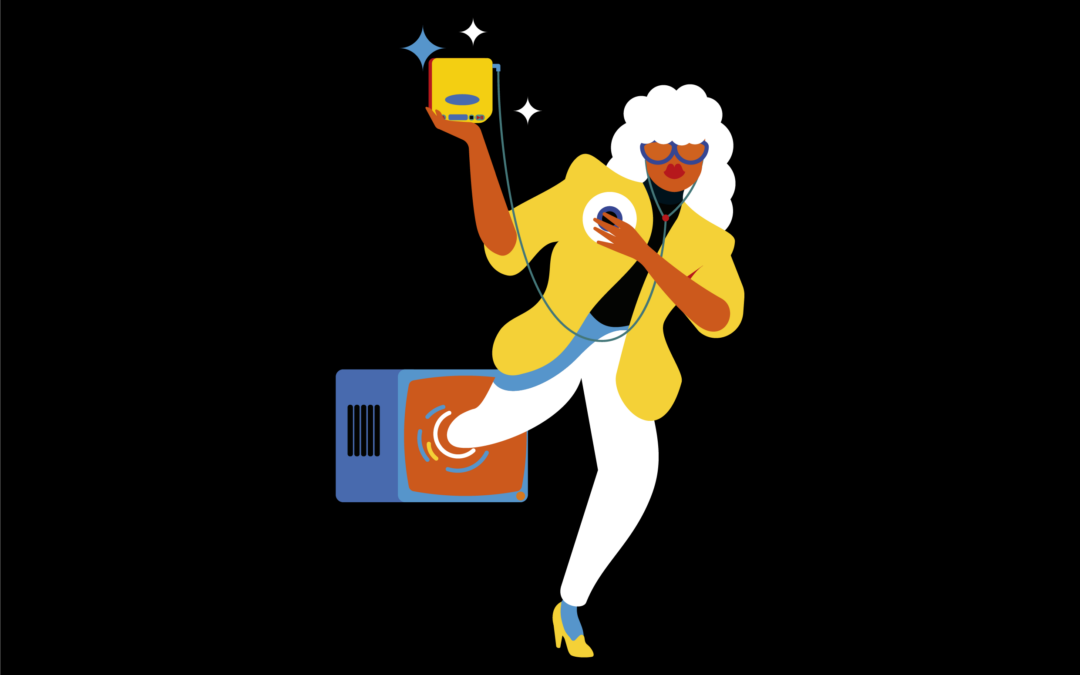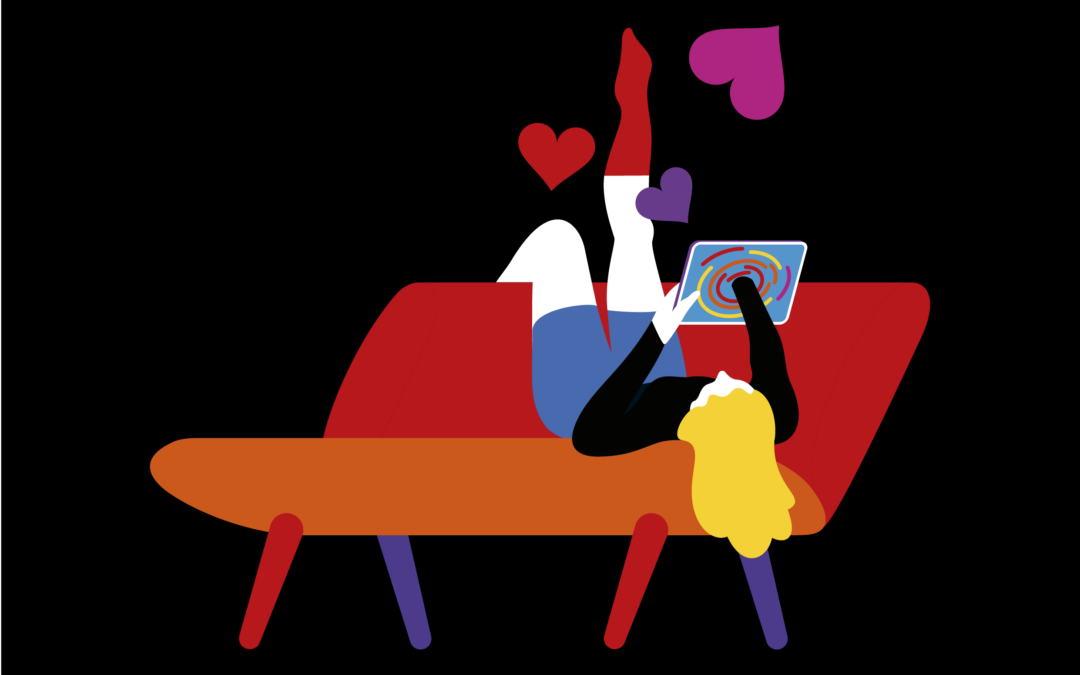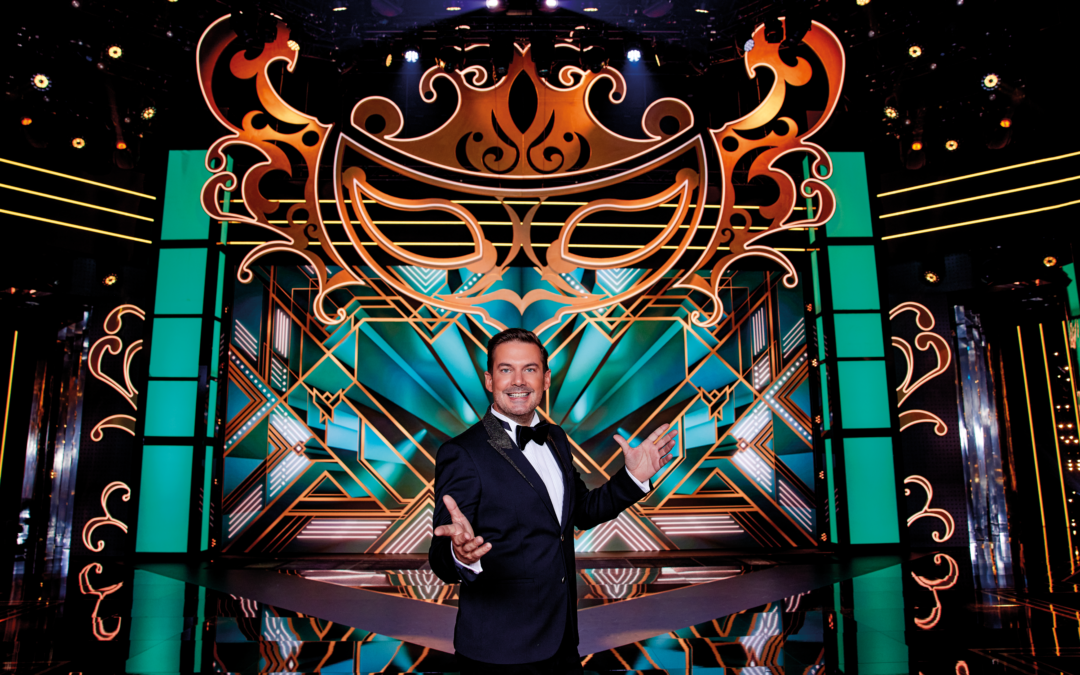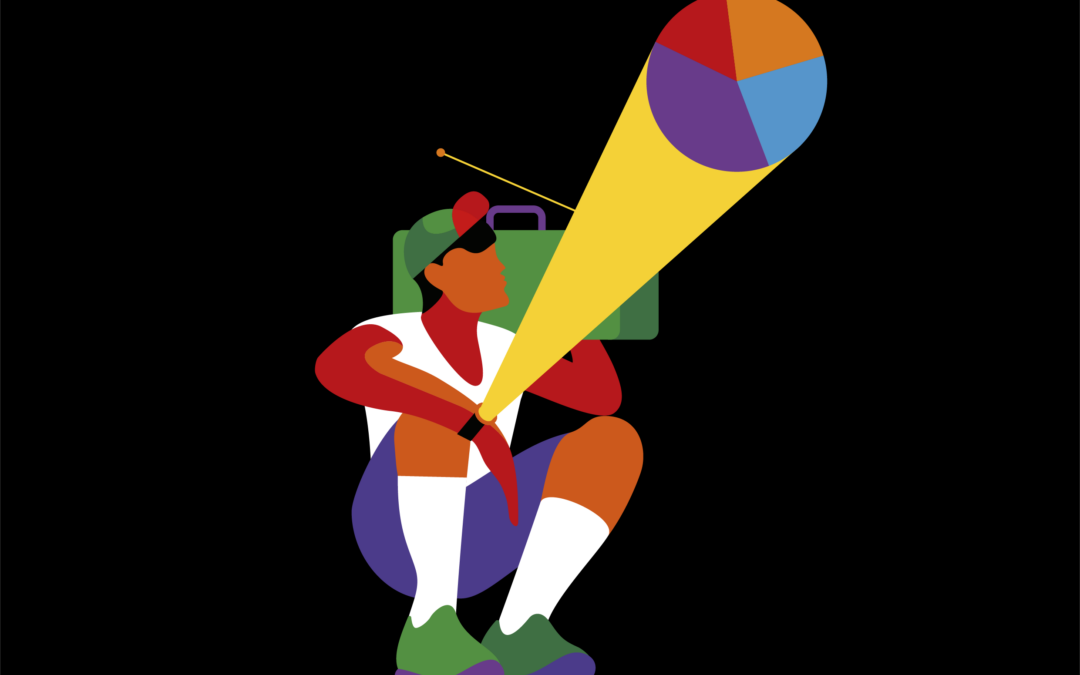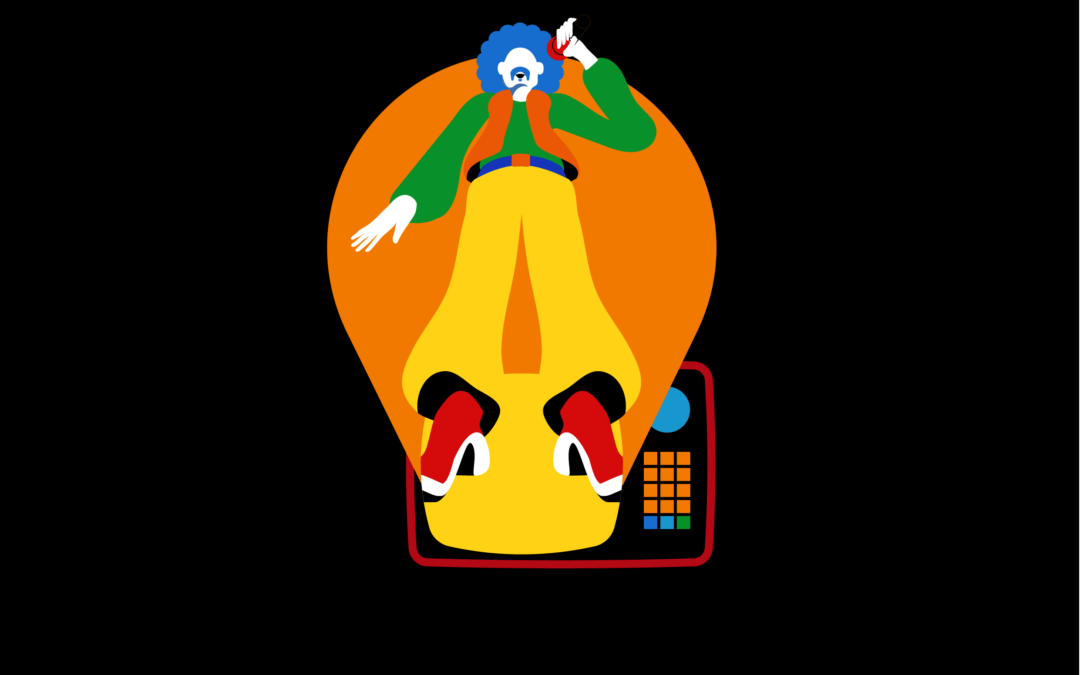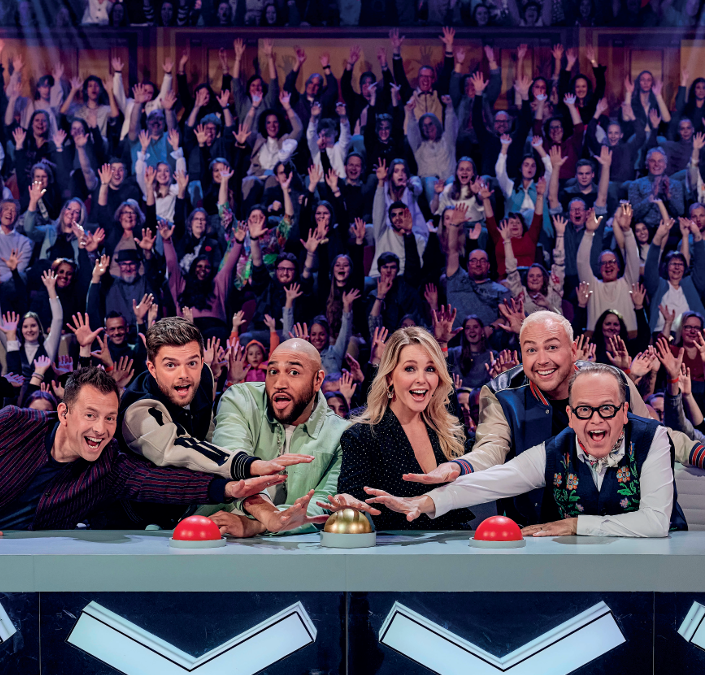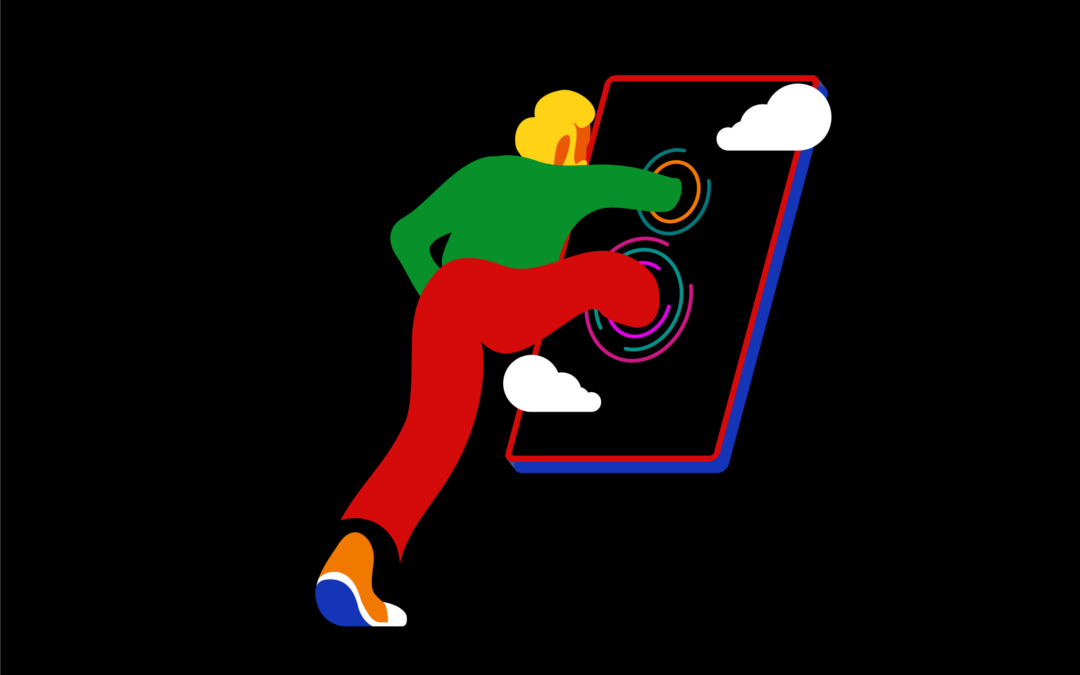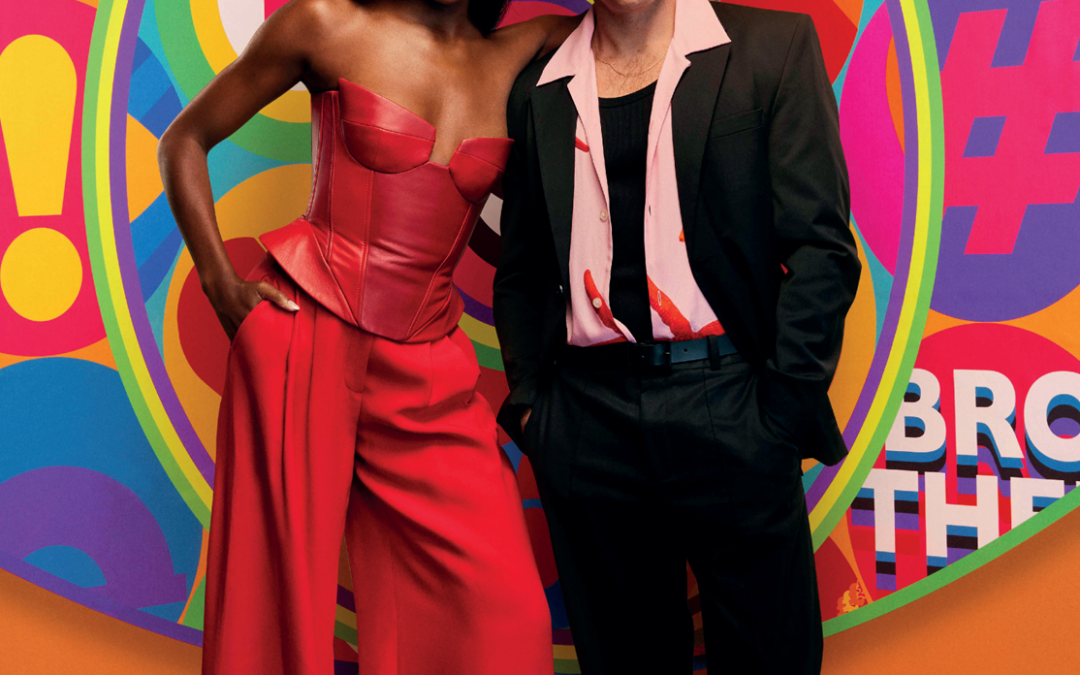What is the role of television today?
Television should have died out long ago but, strangely, it is still here as it has a relational effect that cannot be summed up by its content. To understand TV properly, you have to see what it is coming up against, and what it represents as an alternative consummatory experience of collective images. In the space of ten years, digital accompanied the deconstruction of the western soul in the identity it had assumed for 200 years.
The French Civil Code was established in 1804 and Facebook appeared in France in 2004. For two centuries, we defined the ideal of what a consumer, civilian, employee and father of the family should be. We invented an individual employee, an individual civilian and individual consumer with a typically French force of rationality. But this entire model evaporated once the web became a form of popular culture. That is why digital and television are social developments. To gain a proper understanding of a society, you need to know the media structures and organisations that represent it. So, you could say we’ve got the web and TV we deserve.
What impact has digital had on television and on our society as a whole?
While the individualistic model was very strong up until the early 21st century, digital shattered that and revealed how this individual ideal had become worn out, inventing the idea of influence, tribe, community, membership or adherence to something and a new form of leadership. Everything digital and therefore a large part of society, operates according to systems of adhering to or being repelled by something, and this is even stronger during this period in which society doubts its social model and its leaders. We see that in social media, particularly in tough periods such as during the crisis with the yellow vest political demonstrations and protests, strikes, terrorist attacks and the Covid-19 pandemic. These social events create a need to find a trusting relationship with others. They question social cohesion and coexistence and, unfortunately, digital makes you believe it can provide you with an immediate answer to the doubts you may have about all forms of authority.
Digital tells society what it wants to hear, not ruffling the feathers of a society of comfort. All of which ought to have wiped out television, which brings people together, synchronized in front of the same picture, but the latter has resisted…
Has our society ever been similarly divided in the past?
You could draw an analogy with what happened in 1945. Today, French society is fragmented and split between people who don’t think the same. Whatever the subject, social networks help you find out quickly who is for and who is against, as they are highly polemical. Comments help you reassure yourself and censure others. That is the exact opposite of the social, i.e. debate.
As French society emerged from the Second World War, it was already in tatters because there had been those who collaborated and those who resisted. This was no longer a society as such. It had become a group of people without any sense of cohesion or consistency. General de Gaulle’s answer to this problem was to ask André Malraux to reconstruct a “coexistence” through culture and he did it, notably, by asking Jean Vilar to stage new productions of old works to bring the French back into synchrony with one another. That led to the creation of “popular theatre”, whose goal was no more than to make France a homogeneous audience once again. The underlying idea was that culture was what made a country, and it worked rather well.
The web does not play this social cement role…
Indeed. It contributes to division in our society. We have seen that the influence of the Russian hackers and Facebook has been much criticized for depriving people of an open debate. The problem with digital is that it has created clusters in which we seek similarity, and most algorithms create communities artificially, reinforcing people’s position in their spheres.
Digital does not create the unmissable communal event that formerly existed with TV of old, when there were very few channels and people would congregate in front of the small screen to be in synchrony with their children or colleagues, to feel the same resonance or thrill of emotion. That is why, in the current context of strain and weakening, television’s almost eucharistic relational capacity enables the audience, viewing the same pictures, to construct a broader way of associating and “creating society”.
TV has an overarching, synchronizing dimension. By setting up overarching, intergenerational points of contact, it is a mediator of social ties.
overarching,
synchronizing
dimension.
And yet TV has been much criticized in recent decades…
Most intellectuals do not like television. It’s an old thing to do with abhorring pictures. The recurring issue in the Western imagination is that it pits iconoclasts against iconodules. The former consider culture to lie in books, and regard pictures as evil, onanistic propaganda, whereas the written text is the fruit of reflection and a work of self-reflection.
These people are always suspicious of pictures and, consequently, they regard television as the instrument of the devil. But today we are in more of an iconodule phase in which we can adulate pictures as a totemic power that creates society.
What does the general public think?
The audience has a subconscious trust in television as it represents a reality principle, whereas the web embodies more a flight and dispute principle. The Arab Spring developed thanks to the coming together of social media and television.
Something had been brewing on social media for a long time, but once TV started to send out signals concerning this phenomenon, it synchronized all those small, highly fragmented audiences. TV’s overarching function played a full part in this movement. Television is the last of the institutions. All the others have died out. It has an almost sovereign function.
has a subconscious trust
in television
as it represents
a reality principle
What makes an audience is a group’s ability to share the same images. This is the idea of consensus, the etymology of which is “con sensualis”, meaning to recognise the same feelings. Art and literature played this role in the 19th and early 20th century and, since the second half of the 20th century, pictures have become the mediatory soul. The web enables people to escape their condition, but it generates a sectarian aspect, whereas television recreates the soft underbelly of social concerns and that is why it has not died out. The two are highly complementary as, in moments of doubt, our society has a need, a thirst and a partiality for rediscovering a kind of transversality.
What impact has the pandemic had on how we view television?
The lockdown led us to discover our vulnerability. It generated anxiety, which drove us towards some degree of essentialism. This could be seen in our consumption and in our thoughts about the usefulness of our work and our relationships with close family. The entire futile, superfluous side of our lives disappeared. The etymology of crisis is “krisis” from the Greek for “separate”, which is also the derivation of “criteria” and “crible”, the French word for “screen” or “sieve”. With this crisis, there are things we no longer want. During the lockdown, TV consumption also increased as people wanted to find something reassuring once again in a world that was disappearing right before their eyes.
The TV and digital worlds increasingly overlap with one another. Do the increased ways of watching content have an adverse effect on TV?
That is indeed a strategic issue for the major channels and platforms. We are at a point where relational differentiation between the major channels is key. This would only make sense on the basis of being able to differentiate between TF1, France Télévisions or M6.
How do you define the VOD streaming services such as Netflix or Amazon Prime?
There is a current fascination with Netflix as it invented a model. Many other platforms will appear in the coming years. But the Netflix identity is still weak as it does not editorialize its content. The recent successes in the press, such as The Good Life and Vice are not due to their content, which is not new, but to the organisation and management of their content, and to their narration. The value does not lie in the content, as you can find it anywhere. The need is to sort, add perspective and have the ability to build a narrative. That is the difference between speech, which is individual, and language, which is collective.
What role will television play in the “world to come”?
There is a thirst for protection, appeasement and linearity. Viewers will expect major media outlets and television in particular to be enveloping and to represent a matrix that offers a world that’s fit to live in.
We’ve gone too far into live streaming and the reporting and inflation of signals. People want to get back not to the content but to find a social space and some consideration. The channels can help them in this sense, by filtering, providing editorial input and slowing things down. We have reached a certain degree of saturation with news channels. Today we talk of television in the singular, but it is possible that within five years the major channels might not have anything in common with one another anymore. We are at the end of the model where global schedules were the same for the entire sector. That is all in the process of splintering. The division of the various broadcasters into small segments will increase.
Families are now very fragmented. The sharing, ritual aspect and relational experience will take on increasing importance and television’s eucharistic and liturgical dimension will be more central than ever in the coming years.
Interview conducted by Frédéric Therin.

